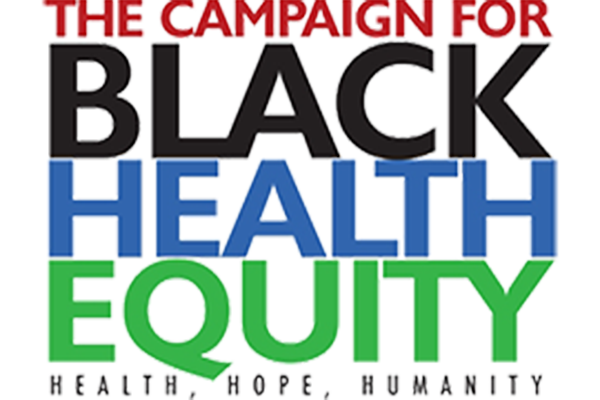Build Back Better Act
The coronavirus pandemic has shone a bright light on the structural inequities that that have long existed in our communities, which has contributed to negative health, economic, and social well-being in Black communities throughout the country. To ensure that our country recovers equitably from the devastating impacts of COVID-19, we must invest in the factors that influence health and well-being.
President Biden’s Build Back Better Act includes monumental investments in health, social, and economic factors that significantly impact the public health of Black Californians. The Build Back Better bill, which is currently going through Congressional negotiations, will address health and social inequities by:



